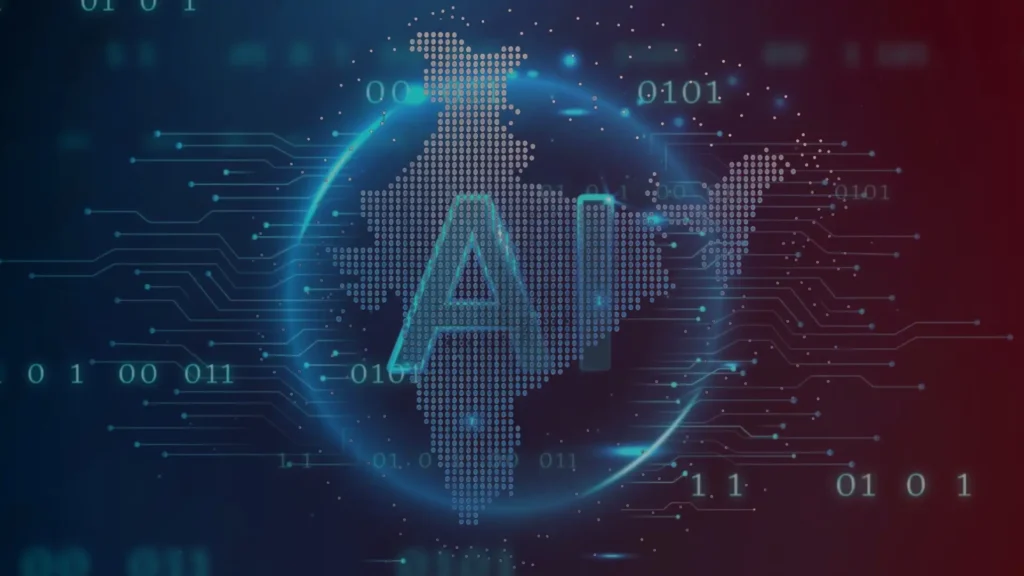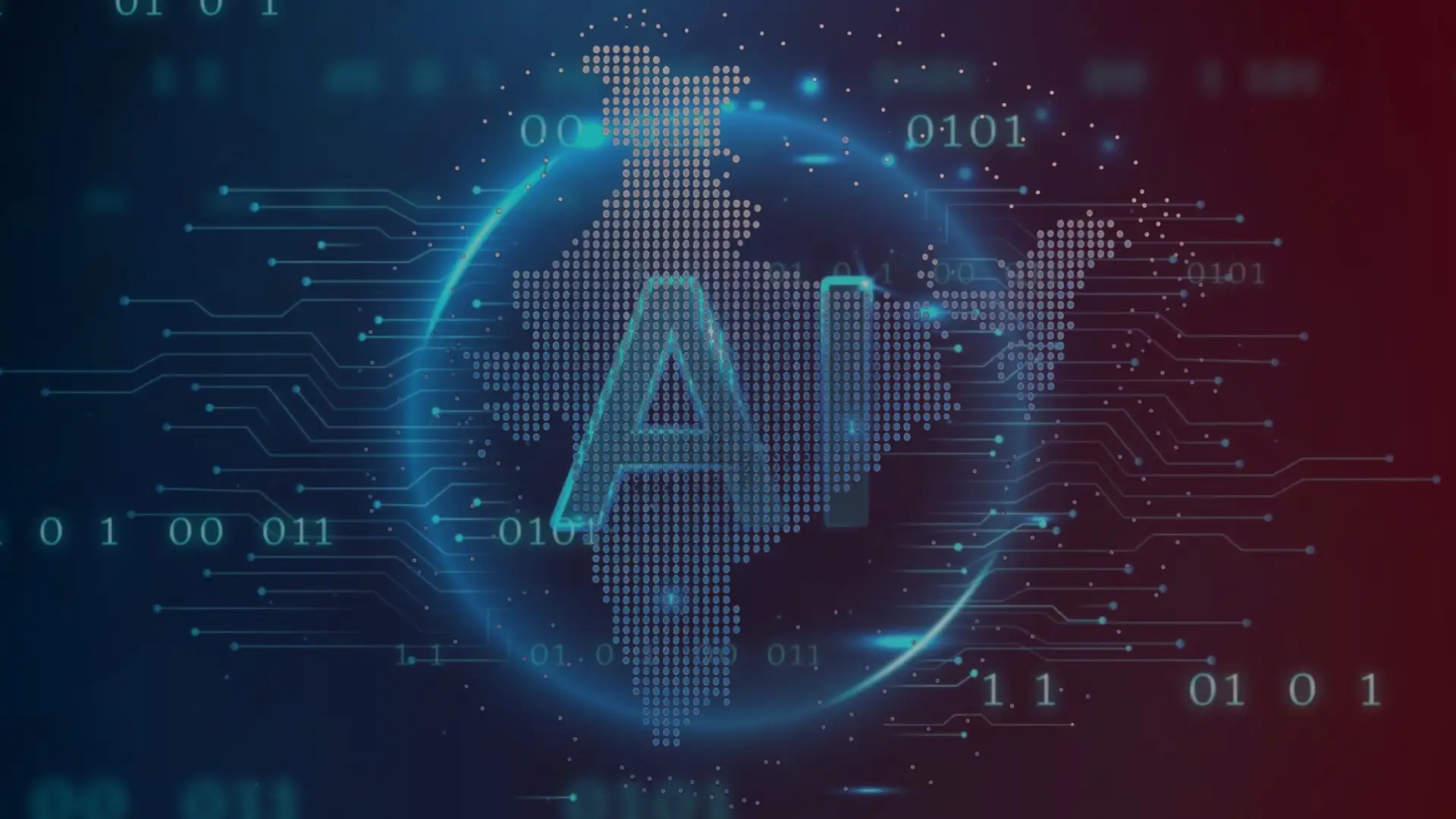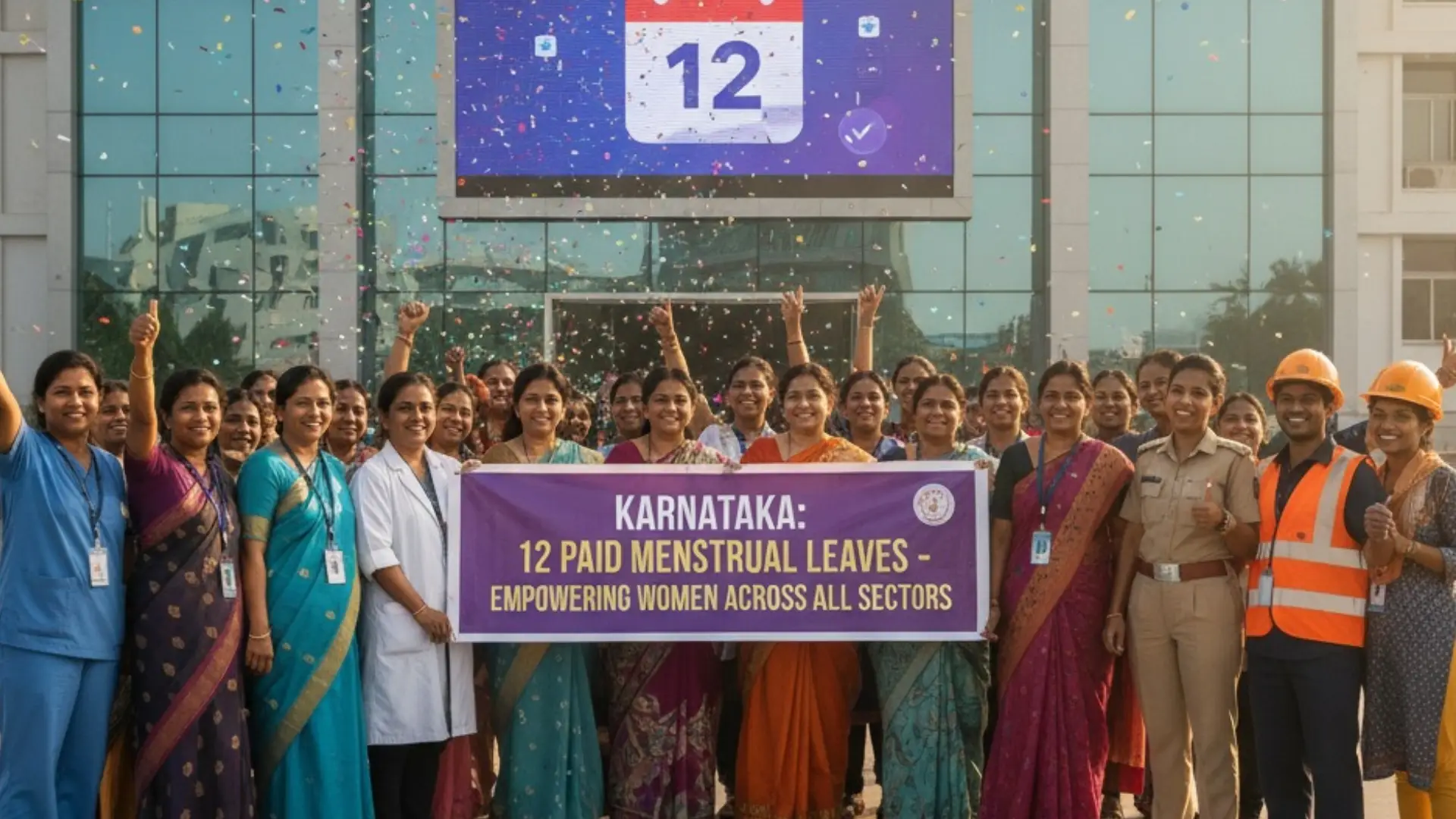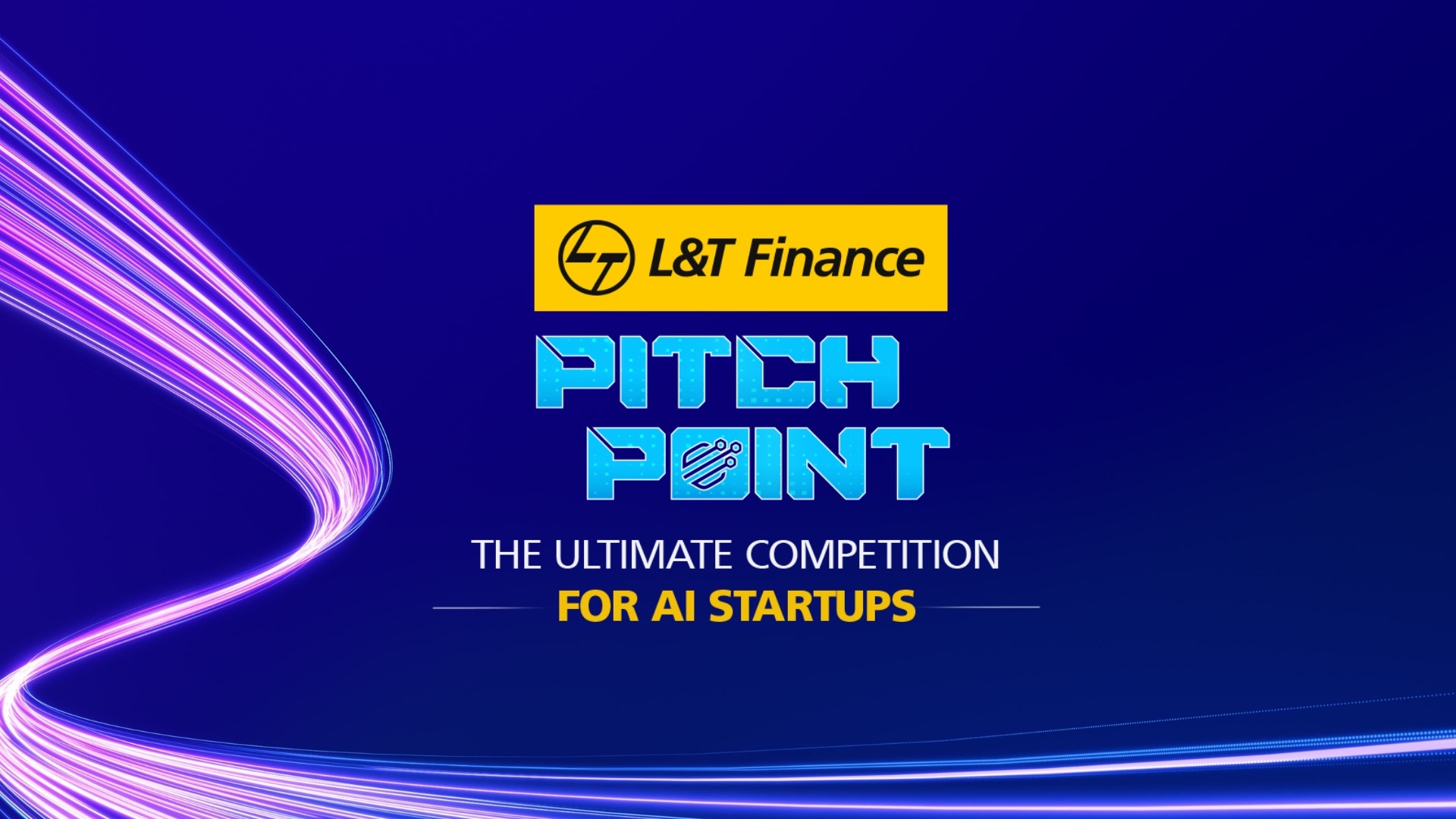We all know how the Indian startup ecosystem is booming and backed by the strong economic trends going on. We are also witnessing a strong adoption of AI all over the country in numerous aspects. Recognizing this shift, NITI Aayog recently released a detailed report titled “AI for Inclusive Societal Development” (October 2025), a blueprint that captures how AI is empowering every layer of the Indian economy and society. The report paints a compelling picture of how technology, when aligned with inclusivity and accessibility, can redefine the nation’s growth story. In this article, we’ll break down the key insights from the report, explore how AI is being deployed across sectors, and understand what this means for India’s digital future.
First, let’s start with the tech sector. The country’s tech sector is on track to cross USD 280 billion in annual revenues, making it one of the fastest-growing digital economies in the world. Behind this surge there lies an evolving and vibrant AI ecosystem that is silently transforming how India builds, works, and competes globally. According to the report, over six million professionals are now part of the tech and AI workforce, driving innovation across industries. The country is home to 1,800+ Global Capability Centers (GCCs), with more than 500 of them dedicated to AI research and development. With nearly 1.8 lakh startups, India has evolved into one of the world’s largest entrepreneurial hubs, and remarkably, almost 89% of the startups launched last year embedded AI into their products or services from day one. 89% is not a small share; this clearly shows how AI is being adopted in India rapidly.
On the NASSCOM AI Adoption Index, India scores 2.45 out of 4, signalling that 87% of enterprises are already leveraging AI in some form. The industrial and automotive, consumer goods, retail, BFSI, and healthcare sectors together account for nearly 60% of the total AI-driven value creation in the country. What is even more interesting and promising is the survey of BCG. The survey reveals that 26% of Indian companies have achieved AI maturity at scale. Now what does this say? It shows how India is institutionalizing it.
Now we understood that AI is being rapidly adopted. While India’s AI ecosystem is scaling new heights, the real question remains: can technology truly touch every life? The NITI Aayog report, “AI for Inclusive Societal Development,” answers that with a strong yes. Now you may have this question: how can it be done, or why is NITI so confident? Well, with the vision of “Making AI in India and Making AI Work for India,” a mission was approved by the Government of India.
The government’s IndiaAI Mission, approved by the Cabinet in March 2024, represents a turning point in the nation’s technological evolution. With a budget outlay of ₹10,371.92 crore spread over five years, the mission is a national commitment to position India as a global AI powerhouse. The IndiaAI Mission focuses on democratizing access to AI, ensuring that startups, research institutions, and even small enterprises can leverage cutting-edge computational resources. And the results are already showing. The goal earlier was to have 10,000 GPUs, but that has quickly scaled to 38,000 GPUs. This is a critical foundation for training large models, driving innovation.
The IndianAI Mission relies on 7 core pillars that together aim to make India a global leader in AI development. First is IndiaAI Compute, which is expanding affordable AI infrastructure with over 38,000 GPUs available at just ₹65/hour, empowering startups and researchers alike. Second is Application Development, which is to drive India-specific AI solutions in healthcare, agriculture, climate, governance, and learning, with 30 approved applications so far. AIKosh Dataset Platform, which is hosting 3,000+ datasets and 243 AI models to support developers with open, high-quality data resources. Foundation Models for building India’s own Large Multimodal Models (LMMs) using local data and languages; four startups selected in the first phase. FutureSkills for creating an AI-ready workforce by supporting thousands of students, researchers, and institutions, especially in Tier 2 and Tier 3 cities. Then comes the next important factor, which is startup financing for funding and mentoring AI startups to scale globally; the IndiaAI Startups Global Program has already taken 10 startups to Europe. Safe and trusted AI for establishing frameworks for ethical, transparent, and secure AI, with dedicated research into privacy, bias, and explainability.
By 2035, the IndiaAI Mission envisions the country as a global leader in inclusive AI deployment, a nation where technology doesn’t just drive growth but also strengthens livelihoods, expands opportunity, and fuels the digital economy. In many ways, India is proving that AI can be both innovative and inclusive, both cutting-edge and compassionate. And if this momentum continues, the vision of “Making AI in India and Making AI Work for India” will be the defining chapter of our digital century.
Also Read: Prosus Deepens Its Bet on India’s Travel Market with Bigger Stake in ixigo










